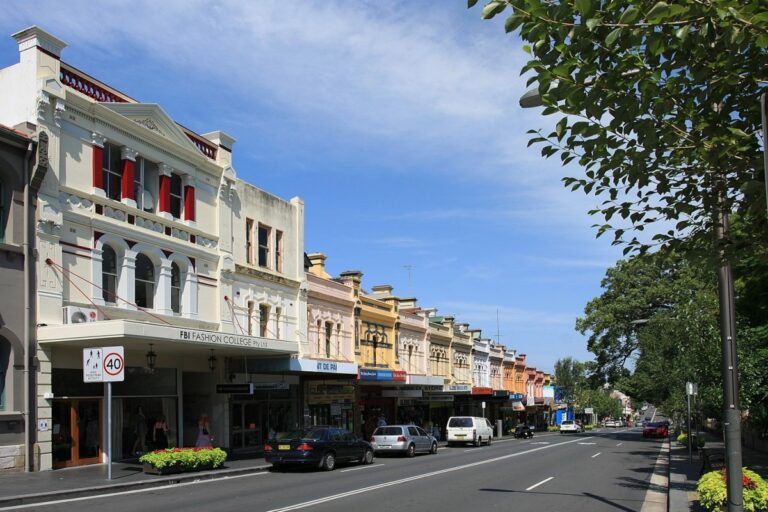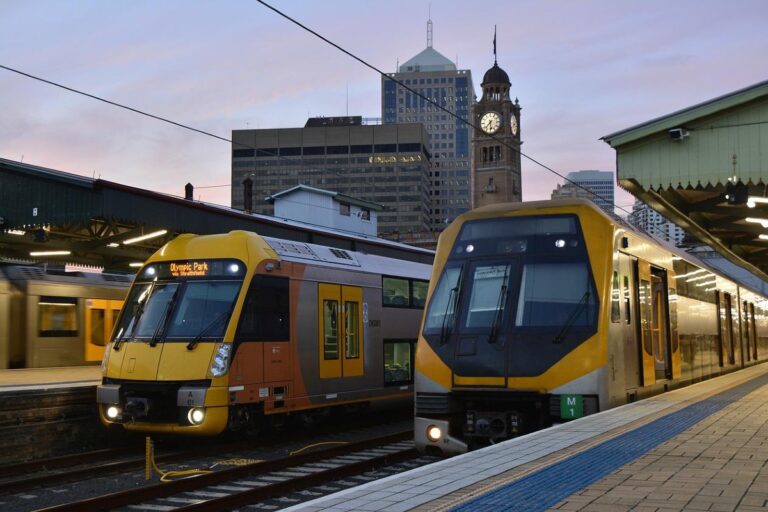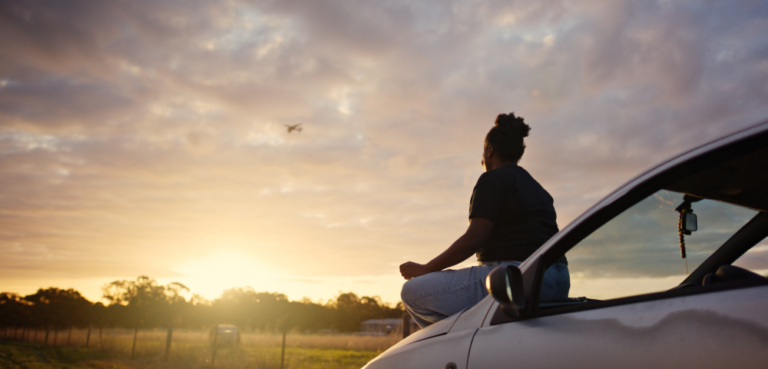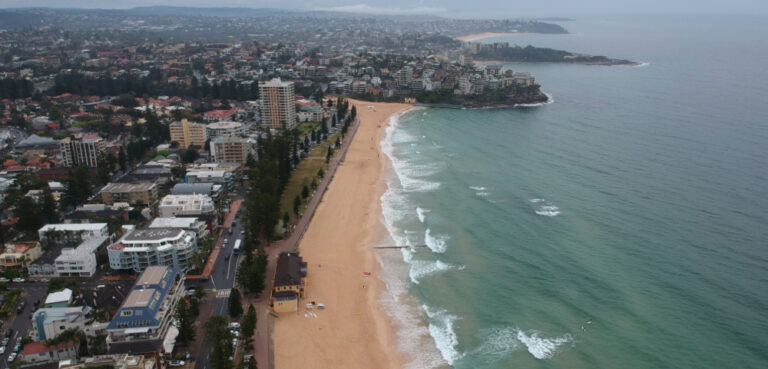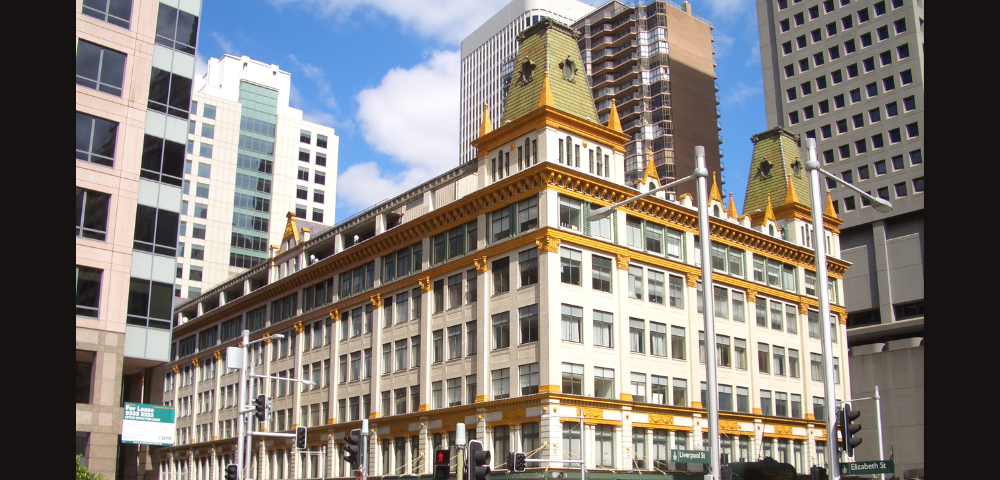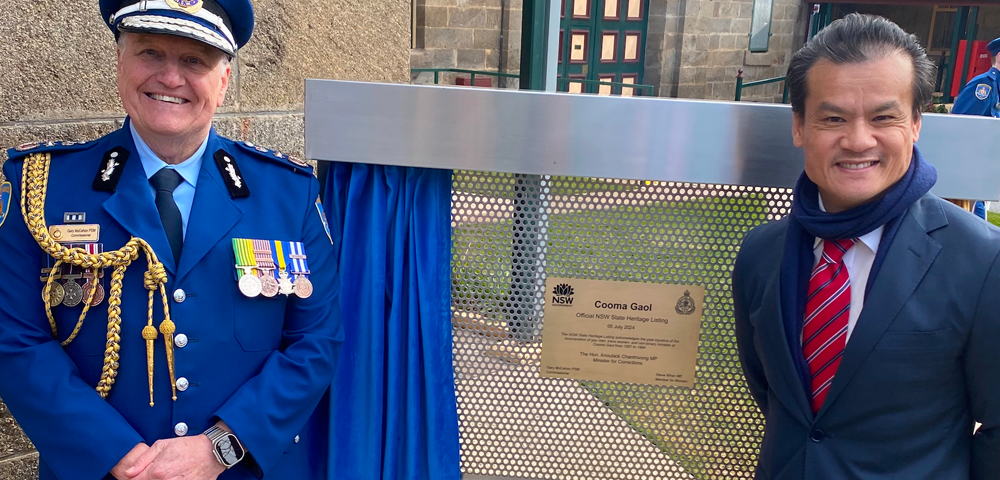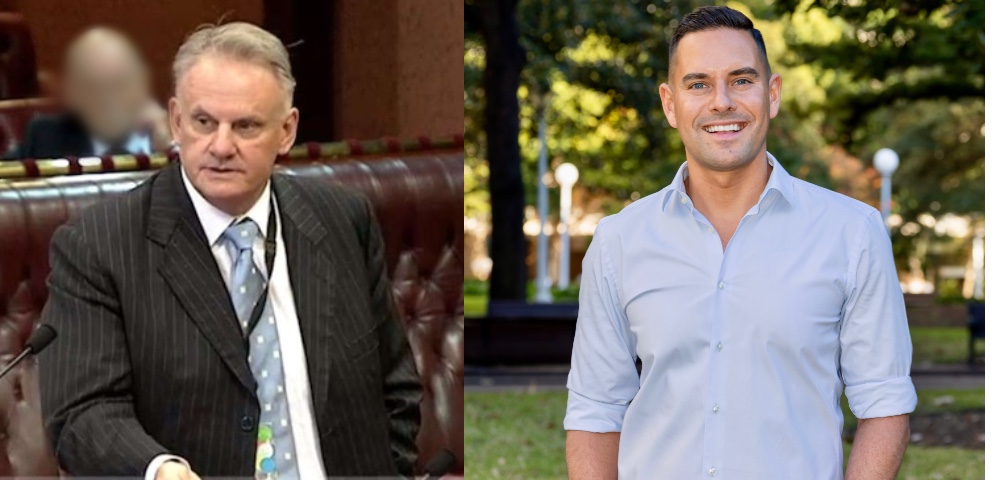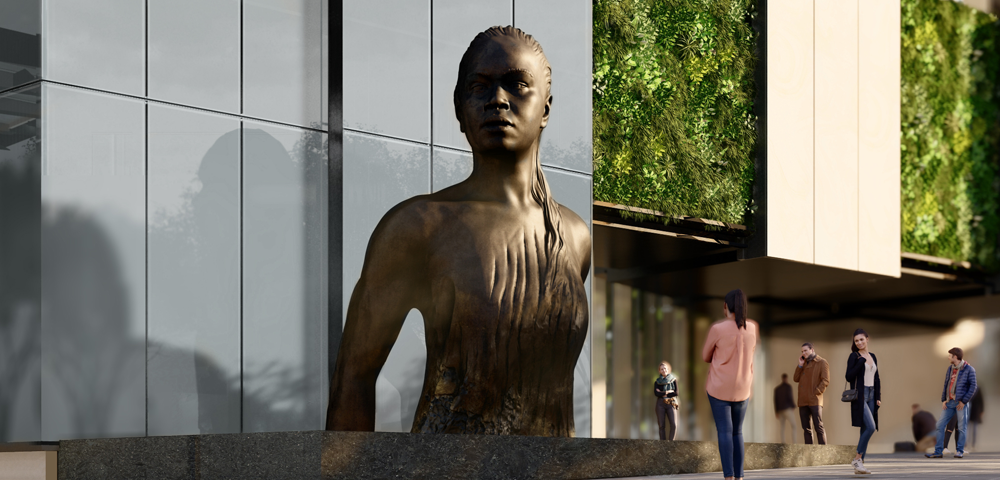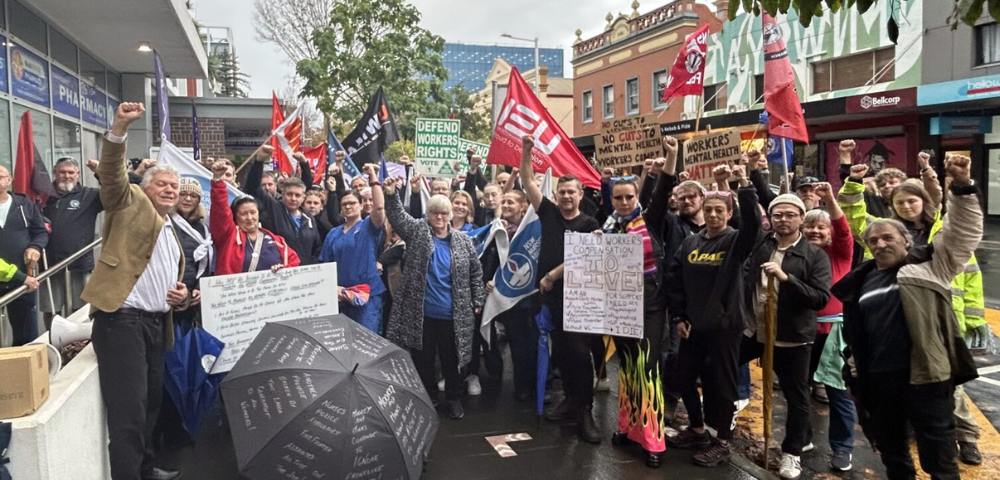
Invasion Day protests gain traction
BY CHARLOTTE GRIEVE
2017 has seen people take to the streets in unprecedented numbers to show solidarity with marginalised groups around the world.
Two years ago, on January 26, three hundred people gathered outside The Block in Redfern to show their solidarity with Australia’s First Nations people.
This year no fewer than three thousand showed up at the same spot for the invasion day protest.
The rally was part of the campaign to change the date of Australia Day. The campaign has gained significant traction this year, with more people actively engaged with the movement. Mentions of #changethedate have increased on Twitter by 850% since last year.
The event was oraganised by Elizabeth Jarred who addressed the crowd.
“We must walk together, we must walk united,” she said.
The protest was part of a string of demonstrations that saw thousands of Australians come together in capital cities across the country to oppose the celebration of Australia Day on January 26.
The date marks the anniversary of the arrival of the First Fleet and the raising of the Union Jack at Sydney Cove by Captain Arthur Phillip in 1788. To many Aboriginal Australians, the date marks the loss of their sovereign land rights and the precursor to genocide, the stolen generation and the dismantling of a culture that has been found to be more than 75,000 years old.
Another aim of the protest, organised by activist group Fighting In Resistance Equally, was to bring attention to the ongoing issues faced by Indigenous Australians today.
“The invasion is still happening,” said Ken Canning, an aboriginal activist and writer from the Kunja Clan of the Bidjara Peoples, who was also speaking at the event.
Many of the speeches focused on aboriginal deaths in custody, mass incarceration and the ongoing struggle against racism experienced by indigenous Australians throughout society.
Ms Jarred told the crowd of the stolen generation of indigenous populations that “continues today.” A report launched last year by the Family Matters coalition found that Aboriginal children are 10 times more likely to be removed from their families than other children.
She also spoke to the loss of indigenous culture, with over 95 per cent of Aboriginal languages today being either dead or critically endangered, according to Ghil’ad Zuckermann, a professor of linguistics and endangered languages at Adelaide University.
Elders speaking at the event asked the audience to have a conversation about Australian history and indigenous issues, as many people remain “unaware” of Australia’s past and current treatment of indigenous peoples.
The protest ran into unrest when police intervened after man set an Australian flag on fire. One protester was knocked unconscious and a police officer sprained an ankle. The protests were otherwise peaceful.
